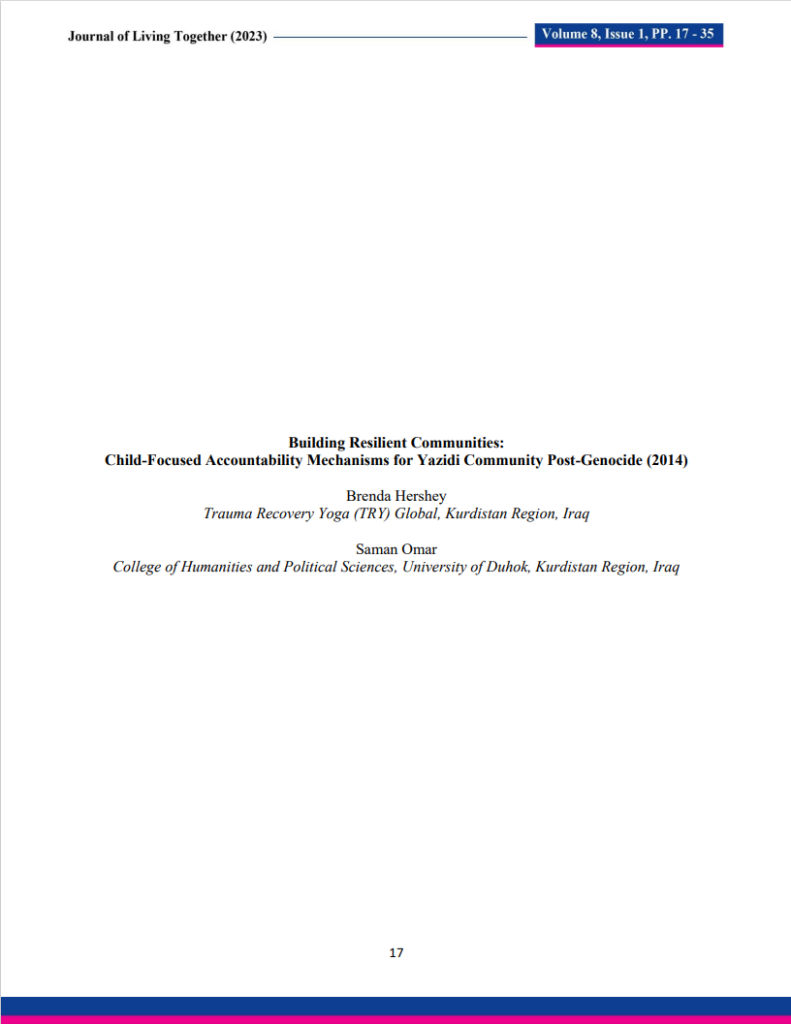Statement of International Center for Ethno-Religious Mediation to the 63rd Session of the United Nations Commission on the Status of Women
Not surprisingly, the United States is not a party to the United Nations Convention on the Elimination of All Forms of Discrimination against Women (“CEDAW”). Women in the US are still at greater risk than men of:
- Homelessness due to domestic violence
- Poverty
- Employment in low-wage jobs
- Unpaid caregiving work
- Sexual violence
- Limitations on reproductive rights
- Sexual harassment at work
Homelessness Due to Domestic Violence
Although US men are more likely than US women to be homeless, one in four homeless women in the US are without shelter due to domestic violence. Families led by single mothers of minority races and with at least two children are especially vulnerable to homelessness, due to ethnicity, youth, and lack of financial and social resources.
Poverty
Women remain at greater risk of poverty—even in one of the wealthiest countries in the world—due to violence, discrimination, wage disparity, and higher employment in low-wage jobs or participation in unpaid caregiving work. As noted above minority women are especially vulnerable. According to the American Civil Liberties Union, Black women are earning 64% of salaries earned by white men, and Hispanic women are earning 54%.
Employment in Low-Wage Jobs
Although the Equal Pay Act of 1963 has helped decrease the wage gap between men and women in the US from 62% in 1979 to 80% in 2004, the Institute for Women’s Policy Research indicates we are not expecting wage parity—for white women—until 2058. There are no clear projections for minority women.
Unpaid Caregiving Work
According to the World Bank Group’s Women, Business and the Law 2018 report, only seven of the world’s economies fail to provide any paid maternity leave. The United States is one of them. States, such as New York, provide Paid Family Leave that can be used by men and women, but NY is still in the minority of states providing such paid leave. This leaves many women vulnerable to financial abuse, as well as physical, emotional, and sexual abuse.
Sexual Violence
One third of US women have been victims of sexual violence. Women in the US military are more likely to be raped by follow male soldiers than killed in combat.
More than four million have experienced sexual violence from an intimate partner, yet Missouri still allows statutory rapists and sexual predators to avoid conviction if they marry their victims. Florida only modified its similar law earlier in March 2018, and Arkansas passed a law last year that allows rapists to sue their victims, if the victims wish to abort pregnancies that resulted from these crimes.
Limitations on Reproductive Rights
Statistics published by the Guttmacher Institute indicates nearly 60% of women who seek abortions are already mothers. The United Nations Committee Against Torture recognizes the need for contraception and safe abortion to protect a woman’s human rights, yet the US continues to cut programs worldwide that offer women similar reproductive freedom to that enjoyed by men.
Sexual Harassment
Women are also at greater risk of sexual harassment in the workplace. In the US, sexual harassment is not a crime and is only occasionally punished civilly. Only when harassment becomes assault does there appear to be action taken. Even then, our system stills tend to put the victim on trial and protect the perpetrators. Recent cases involving Brock Turner and Harvey Weinstein have left US women seeking “safe spaces” free from men, which will probably only limit economic opportunities more—and possibly subject them to discrimination claims.
Looking Ahead
The International Center for Ethno-Religious Mediation (ICERM) is committed to supporting sustainable peace in countries around the world, and that will not occur without women. We cannot build sustainable peace in communities where 50% of the population is excluded from Top-Level and Middle-Range leadership positions that influence policy (see Goals 4, 8 & 10). As such, ICERM provides training and certification in Ethno-Religious Mediation to prepare women (and men) for such leadership, and we look forward to facilitating partnerships that build strong peacemaking institutions (see Goals 4, 5, 16 & 17). Understanding that different member states have varying immediate needs, we seek to open dialogue and collaboration among affected parties at all levels, so that appropriate action can be taken cautiously and respectfully. We still believe we can live in peace and harmony, when guided skillfully to respect each other’s humanity. In dialogue, such as mediation, we can co-create solutions that might not have been apparent before.
Nance L. Schick, Esq., Main Representative of International Center for Ethno-Religious Mediation at the United Nations Headquarters, New York.


